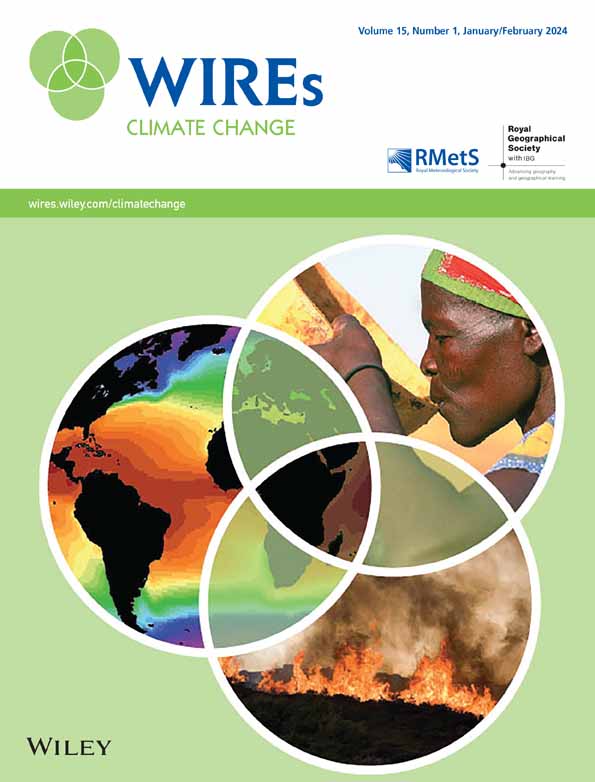Politics of climate change mitigation in Taiwan: International isolation, developmentalism legacy, and civil society responses
IF 10.3
1区 环境科学与生态学
Q1 ENVIRONMENTAL STUDIES
引用次数: 2
Abstract
This focus review summarizes climate politics in Taiwan at the global, the national, and the local level. The article begins with an introduction to Taiwan's emission profile, major actors, and recent policy development. At the global level, Taiwan's unique international status has limited its responses to climate change as mostly gesture policies, but recently corporate climate actions bloomed due to pressures from the supply chains. At the national level, Taiwan's developmental state legacy has locked the country in a “high‐carbon regime” and struggled with the debate on nuclear power. Finally, at the local level, Taiwan seeks to facilitate climate actions with the principle of energy democracy, yet public participation still falls short and local land use conflicts will present enormous challenges. The article ends with a discussion on current knowledge gaps and invites future research to put Taiwan into comparative perspectives.台湾减缓气候变迁的政治:国际孤立、发展主义遗产与民间社会回应
这篇焦点综述总结了台湾在全球、国家和地方层面的气候政治。文章首先介绍了台湾的排放概况、主要角色和最近的政策发展。在全球层面,台湾独特的国际地位限制了其对气候变化的反应,主要是姿态政策,但最近由于供应链的压力,企业气候行动蓬勃发展。在国家层面,台湾的发展国家遗产将该国锁定在“高碳制度”中,并与核能辩论作斗争。最后,在地方层面,台湾试图以能源民主原则促进气候行动,但公众参与仍然不足,地方土地使用冲突将带来巨大挑战。文章最后讨论了当前的知识差距,并邀请未来的研究将台湾纳入比较视角。
本文章由计算机程序翻译,如有差异,请以英文原文为准。
求助全文
约1分钟内获得全文
求助全文
来源期刊

Wiley Interdisciplinary Reviews: Climate Change
METEOROLOGY & ATMOSPHERIC SCIENCES-
CiteScore
20.00
自引率
2.20%
发文量
58
审稿时长
>12 weeks
期刊介绍:
WIREs Climate Change serves as a distinctive platform for delving into current and emerging knowledge across various disciplines contributing to the understanding of climate change. This includes environmental history, humanities, physical and life sciences, social sciences, engineering, and economics. Developed in association with the Royal Meteorological Society and the Royal Geographical Society (with IBG) in the UK, this publication acts as an encyclopedic reference for climate change scholarship and research, offering a forum to explore diverse perspectives on how climate change is comprehended, analyzed, and contested globally.
 求助内容:
求助内容: 应助结果提醒方式:
应助结果提醒方式:


